
Director of Photography
Francisca, a beautiful 50-year-old widow (played by Maria de Medeiros), prepared a peaceful future for herself. In an unexpected outburst, she grabs an opportunity for change and embarks on a sailboat called ‘Hovering Over the Water’.

Director of Photography
1975, Mozambique’s rebirth as an independent nation. The young revolution sweeps the streets of Maputo clean of prostitutes and bad habits. The prostitutes are sent to re-education camps deep in the countryside, where they will become “new women” – loyal comrades of the new nation. As the “clean-up” takes place, Margarida, a 16-year-old girl from the countryside, is mistakenly taken. Drawing on the stories of real women, Virgin Margarida is a dramatic exploration of a little known chapter in Mozambique’s history. A chapter that made no allowance for individuality and enshrined male domination as an ideology.

Director of Photography
Zézé Gamboa's sardonic historical drama follows a good-hearted, apolitical con man who, on the eve of Angolan independence in the mid-1970s, pulls off a massive swindle at the expense of the Portuguese colonial administration — and soon after finds himself hailed as a hero of the national liberation struggle.

Director of Photography
In this acutely observed and sharply written debut feature from director Sylvie Michel, the contrasting parenting philosophies of a well-to-do divorcee and his immigrant cleaning lady becomes an angry debate over deeper issues of social class and cultural values when their teenage children disappear after a night on the town. (TIFF)

Cinematography
Pauline, a beguiling woman in her 60s, returns to her hometown, Turin, for the first time since she was ten years old. She has inherited her aunt’s apartment in town. In Turin Pauline contacts Dr. Angela Gualtieri, a psychologist whom she had met abroad some time before; Angela runs a maternity centre, the Melograno, a support centre where both mothers to be and young mothers with post natal depression seek help. At the Melograno they are constantly short of help, that’s why Angela asks Pauline to give her a hand in setting up an in-house archive collecting different material relating to maternity: video interviews to new mothers, mothers diaries, photo portraits of mother and child. Pauline accepts and starts her work plunging deep in an emotional material that touches her strongly: the controversial feelings experienced by women in their relation with the child.

Cinematography
El intelectual etíope Anberber regresa a su país natal durante el represivo régimen totalitario de Haile Mariam Mengistu y el reconocimiento de su propio desplazamiento e impotencia ante la disolución de la humanidad y los valores sociales de su pueblo. Después de varios años de estudiar medicina en Alemania, descubre que el país de su juventud ha sido reemplazado por la confusión. Su sueño de utilizar su oficio para mejorar la salud de los etíopes es aplastado por una junta militar que utiliza científicos para sus propios fines políticos. Al buscar la comodidad de su casa rural, Anberber no encuentra refugio de la violencia. El consuelo que brindan los recuerdos de su juventud es rápidamente reemplazado por las fuerzas rivales de las facciones militares y rebeldes. Anberber debe decidir si quiere soportar la tensión o reconstruir una vida a partir de los fragmentos que se encuentran a su alrededor.

Director of Photography

Director of Photography
Explores the complex relationship between the spirit, body, and mind. The film is a nightmare with closed eyes because it counts among the most terrible moments of my life, my second exile, which lasted a very long time. Inspired by an ancient Hindu legend.

Director of Photography

Director of Photography
Elisabeth and Massimo have been separated for two years and decide to affirm their independence with a divorce. The person who suffers the most from the situation is their son Marco, who normally lives with his father in a beautiful, but lonely country house. Marco's only satisfaction comes from riding his horse Socrates around the countryside, but Massimo sends the horse to his father-in-law in Sicily when, tired of solitude, he decides to sell everything and move into town. At this point, Marco, who has by chance witnessed the kidnapping and release of Gilberto, decides to flee and pretend he has been kidnapped to gain his parents' attention. His journey to Sicily, where his maternal grandfather lives near Ragusa, is crammed full of adventures, but the child makes it in the end, thanks to Rocco, a Neapolitan street urchin, who befriends him.

Cinematography
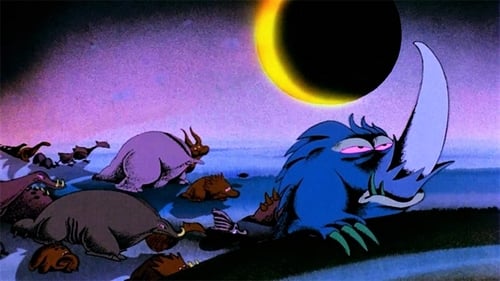
Cinematography
Película escrita, dirigida y dibujada por el italiano Bruno Bozzetto en el año 1977. Cuenta, en imágenes “reales” con estética muy surreallista, la historia de una extravagante orquesta formada exclusivamente por ancianas. Va intercalando además fragmentos de dibujos animados con distintas historias, sin relación entre sí, utilizando música de Debussy, Dvorak, Ravel, Sibelius, Vivaldi y Stravinsky.
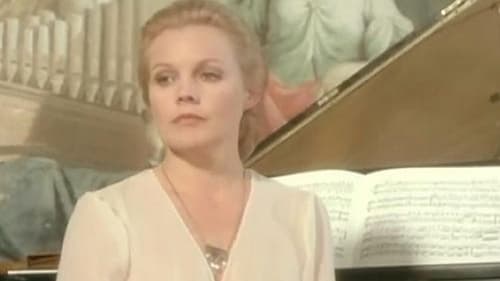
Director of Photography
Una sexy profesora de piano es el objeto del deseo de uno de sus alumnos. Un compañero averigua dónde vive y toma fotos de ella desnuda. Utiliza las fotos para chantajearla y pedirle que se vista y actúe como una puta mientras da clase.
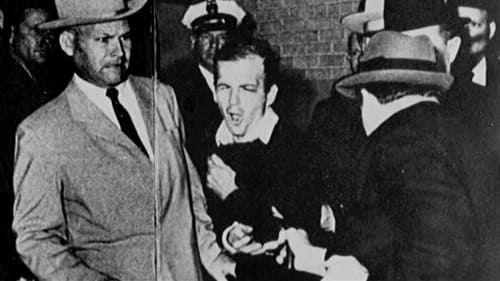
Director of Photography
Incursión en el universo de la CIA, a través de algunos de sus más famosos casos.

Cinematography
A "symbolic" character traces the path of man in search of salvation in this world within his own ghosts and deformations.
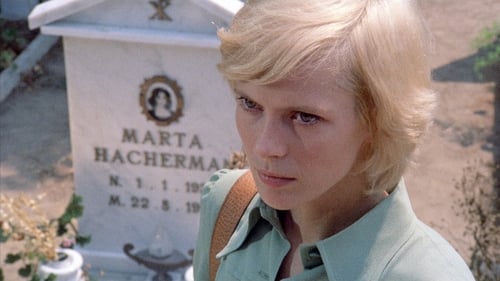
Director of Photography
Una mujer se encuentra con una trama de magia negra y apariciones fantasmales. No sabe si es especie de su locura u ocurre de verdad.
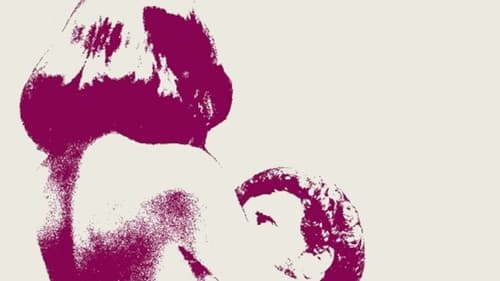
Director of Photography
With her marriage and her life disintegrating before her eyes, in this Italian political thriller, Sarah has made a detailed filmed record of it all. Not only that, she made a film of the man who flung bombs into a political demonstration and she is killed for her effort. The story unravels as Sarah's husband, who is suspected of being her murderer, views the film on a moviola. He is trying to figure out what happened and why his wife died. Because he has the film which would expose the murderer and the political forces behind him, his life is also in danger
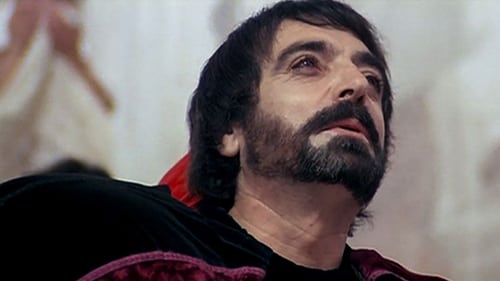
Cinematography
The "Hamlet" in this well-mounted Italian spoof is the Danish prince, not a small town or village. The movie irreverently draws on both the Shakespeare play and the 1877 story by Jules Laforgue. In the story, Hamlet (Carmelo Bene) is a would-be playwright. He suffers from inept Freudian analysis by Polonius (Pippo Tuminelli), and Ophelia and Gertrude (Isabella Russo & Luciana Cante) are women conjured up in his erotic imagination.
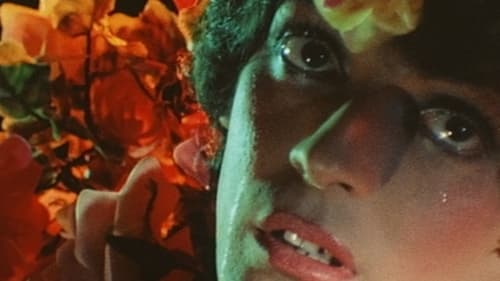
Cinematography
Salome is the daughter of the second wife of King Herod. The King is infatuated with her and, after she fails to seduce the prophet John The Baptist, she dances for the King in order to ask for his execution.

Director of Photography
Spectacular Italian comedy-drama directed by Carmelo Bene. The narrative follows how Don Giovanni tries to seduce a young woman who is manically searching for Christian icons. The film is loosely based on Jules Barbey d'Aurevilly's short story "The Greatest Love of Don Juan", from the collection Les Diaboliques. The film premiered in the Directors' Fortnight section of the Cannes Film Festival.
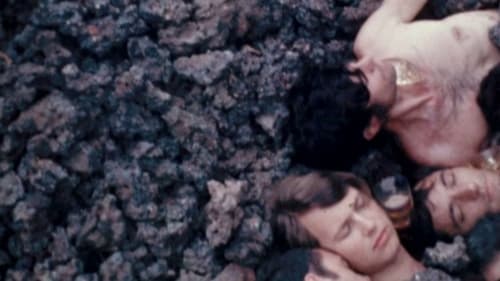
Director of Photography
In all of his work, Bussotti makes frequent reference to the body, to sexuality. This to remind musicians — especially classically trained ones — that they are not body-less angels, that they are not just their musical thoughts, that they are still, in the last analysis, flesh and bones. Thus the erotic is not for shocking, but to stress that making music involves the body in a very direct way.

Cinematography
A man (Carmelo Bene) can not bear to be part of society. He considers himself a "jerk" and so invents its own philosophy, which involves the destruction of his land of Puglia where all citizens are devoted to the Catholic religion. However, the man can not destroy the belief of the pilgrims of Salento, because a woman would prevent that. It is an unknown "Santa Margherita", which tries to divert man from his weird and impossible philosophy. Successive scenes of the film show various situations unreal and dream in which the two protagonists try to obtain the best one on the other. After a blasphemous dialogue between monks, the man includes his whole philosophy in a Moorish building. In fact, this seems to have been the scene of the massacre of the famous 800 Martyrs of Otranto, which are considered by the scetic man the absolute death of Christianity.

Cinematography

Cinematography
Documentary about motorbike crazy kids, introduced by Pasolini.

Diary film about the life of a young couple.

Cinematography
Diary film about the life of a young couple.

Writer
Diary film about the life of a young couple.

Director
Diary film about the life of a young couple.

Director of Photography
This almost silent film has been censored and rejected for his violent scenes, even if it was well received at the Pesaro New Cinema in 1966. It contains a quotation from Beckett off-screen at the critical moment. The story sometimes seems like a puzzle where a simple man who is sick from his environment, suddenly starts killing several people near a stadium. There are also moments from his life, discussing with a friend about fear of death and various meetings his beloved girlfriend. - my-tv-is-dead

Cinematography
In 1966, Bene presented The Pink and the Black, his successful theatrical adaptation of Matthew Gregory Lewis’ lurid Gothic novel from 1796. Experimental filmmaker Paolo Brunatto filmed some of the play’s rehearsals in a Rome apartment (also frequented also by the Living Theatre). Bene's artistry is encapsulated in one sentence: “One cannot continue to prostitute the idea of theatre, which stands only for a magical, brutal link with reality."
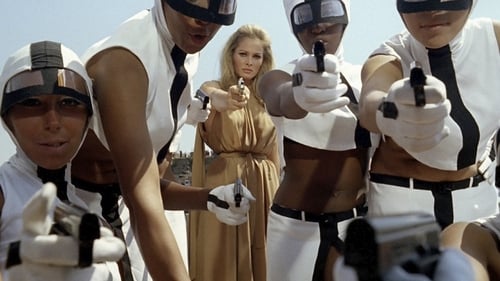
Assistant Camera
En un mundo futuro, ciertas personas que adoran la violencia practican "La Gran Caza": diez jugadores se matan entre sí alternando los papeles de cazador y presa. Quien sobrevive, gana.

Assistant Camera
Seis episodios sobre otras tantas formas de matar a alguien y salir bien librado.

Cinematography
Backstage short documentary on Carmelo Bene’s theatre works Amleto and Pinocchio.

Director
Mario Masini, collaborator of Alberto Grifi, cameraman for Carmelo Bene and cinematographer of Teza 2008 by the legendary Ethiopian director Haile Gerima, explores the lithograph by the artist Emilio Vedova that gives the film its title. A wide range of movements over the lithograph and editing that alternates accelerated sequences of urban landscapes, daytime and nocturnal interiors, unfold against a background of a cut-up soundtrack from different sources. —Tate Modern
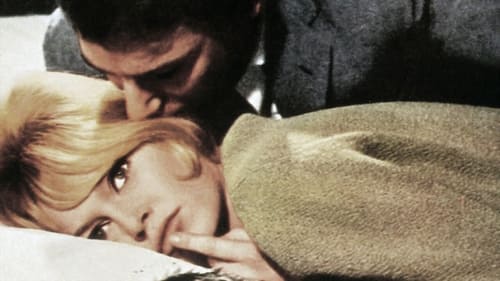
Producer
Para hacerse cargo de una herencia, Geneviève, una joven tan guapa como inocente, llega a una pequeña ciudad francesa y se aloja en un hotel. Accidentalmente, la joven se confunde de habitación, llegando a tiempo para salvar la vida de un alcohólico que ha decidido suicidarse. Entre ambos surgirá una relación sentimental.























